Over the past decade, it has become glaringly obvious that the human race has significantly damaged the planet they live on. Climate change is here, and unless real and lasting changes are made, Earth could be all but uninhabitable within just a few generations.
Therefore, governments around the world, including in the USA, have been working tirelessly to reduce or even eliminate the use of fossil fuels and find more sustainable energy sources. With the latest legislation for American auto workers, environmentalists believe we are one step closer to saving the world.
Electric Vehicles Have Become Increasingly Popular
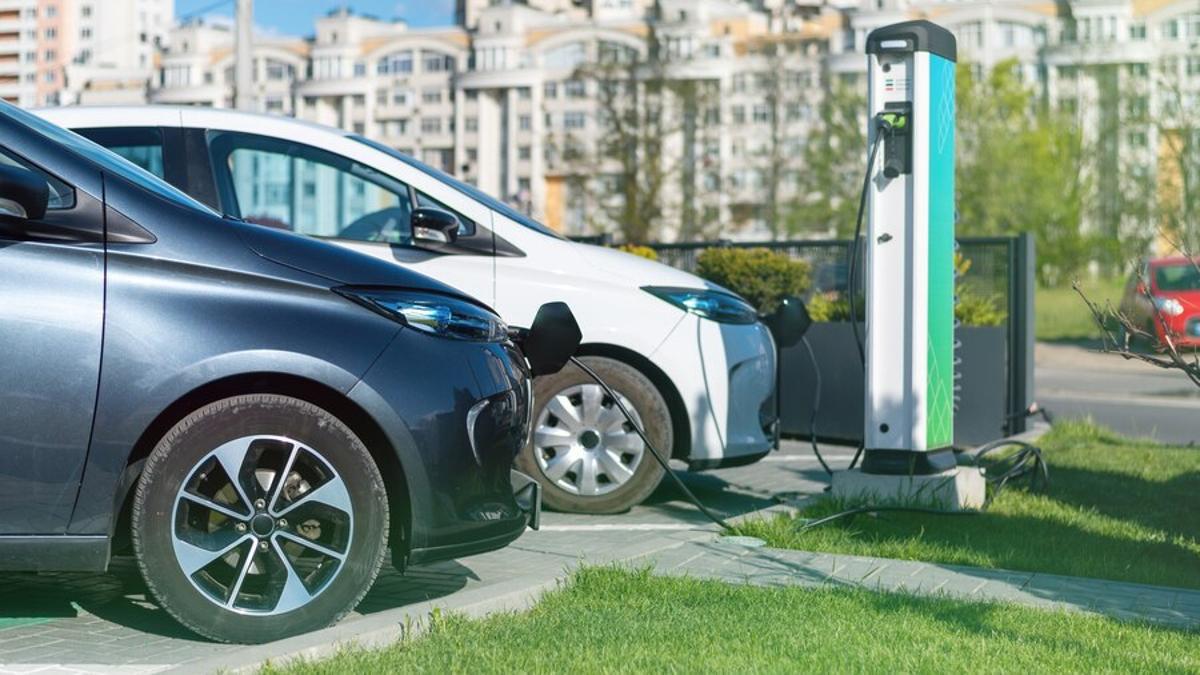
Electric vehicles have existed for more than 130 years. In 1889, William Morrison created the first fully functioning electric vehicle, but it wasn’t until 2010 that EVs were made available for the masses.
Over the past 14 years, EVs have become increasingly more popular. Not only are they now affordable and comfortable, but as these electric vehicles don’t run on gasoline, they are far better for the environment. In fact, there are more than 2.5 million EVs on the road in the USA today.
EVs Are the Future
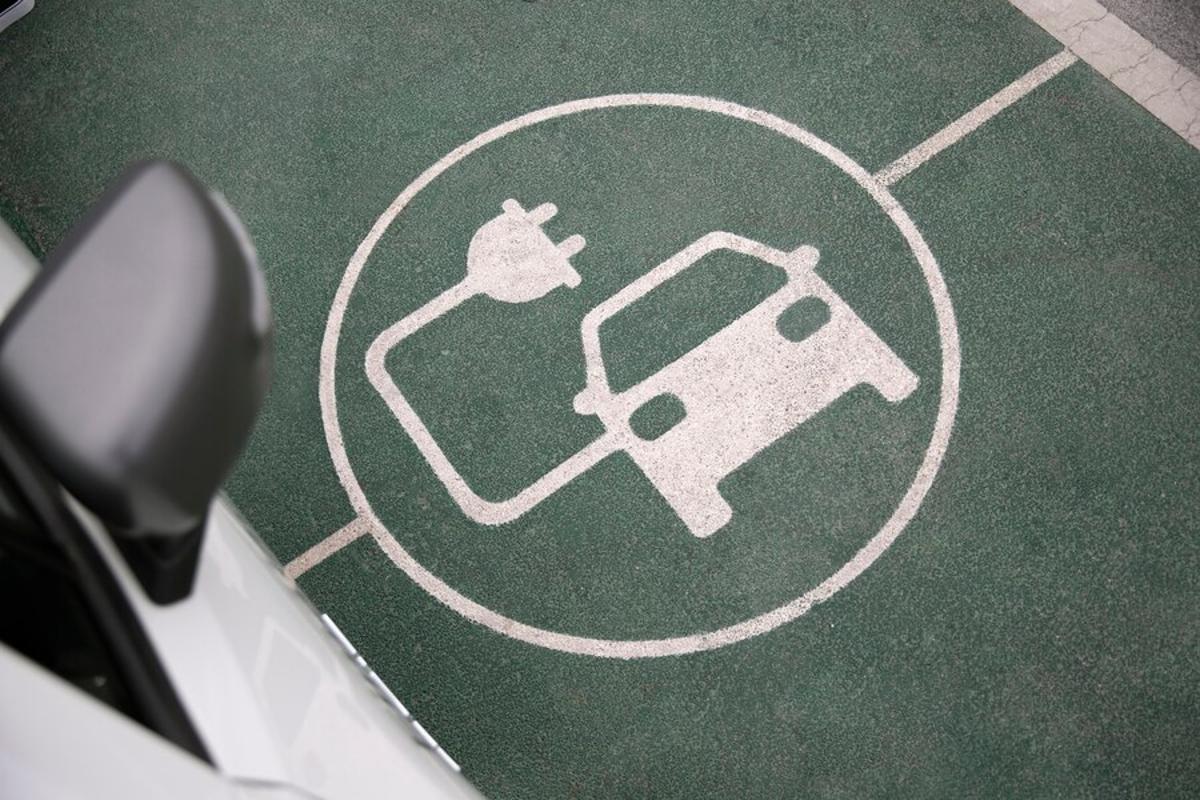
Now that the world as a whole is more concerned with climate change than ever before, it’s likely that many people in the USA and abroad will choose an EV for their next car.
However, certain governments don’t want to leave this important decision up to its residents. Instead, many are planning to force out gas or diesel cars and trucks through legislation that restricts the number of gas cars being manufactured and demanding that the majority of automakers focus on making EVs instead. Biden’s administration is one of these governments.
Biden’s First EV Plan
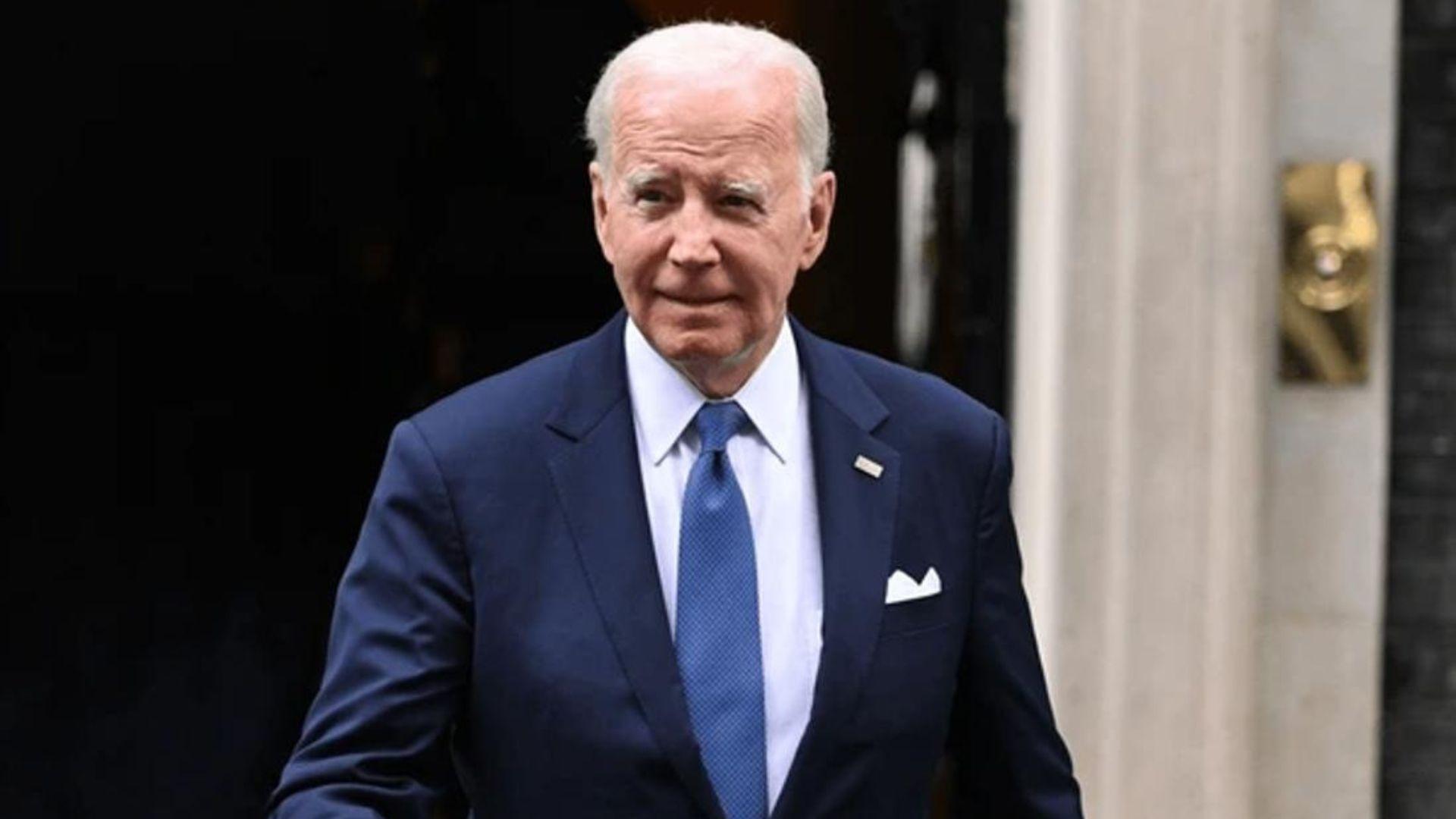
In 2022, President Biden signed the Inflation Reduction Act, which the Department of Energy called the “single largest investment in climate and energy in American history.”
The IRA includes several monumental policy changes, one of which states that by 2023, two-thirds of all new vehicles sold within the United States will be completely electric.
The American Automakers Were Not Pleased With This Announcement

Once the bill was signed, the American automaker industry very publicly announced its frustrations with the plan.
An enormous United Auto Workers (UAW) strike erupted throughout the Midwest and the rest of the country as they fought against the president’s bill, arguing that it would mean extensive layoffs and an increase in imported vehicles from Asia.
The EV Goal Was Unrealistic
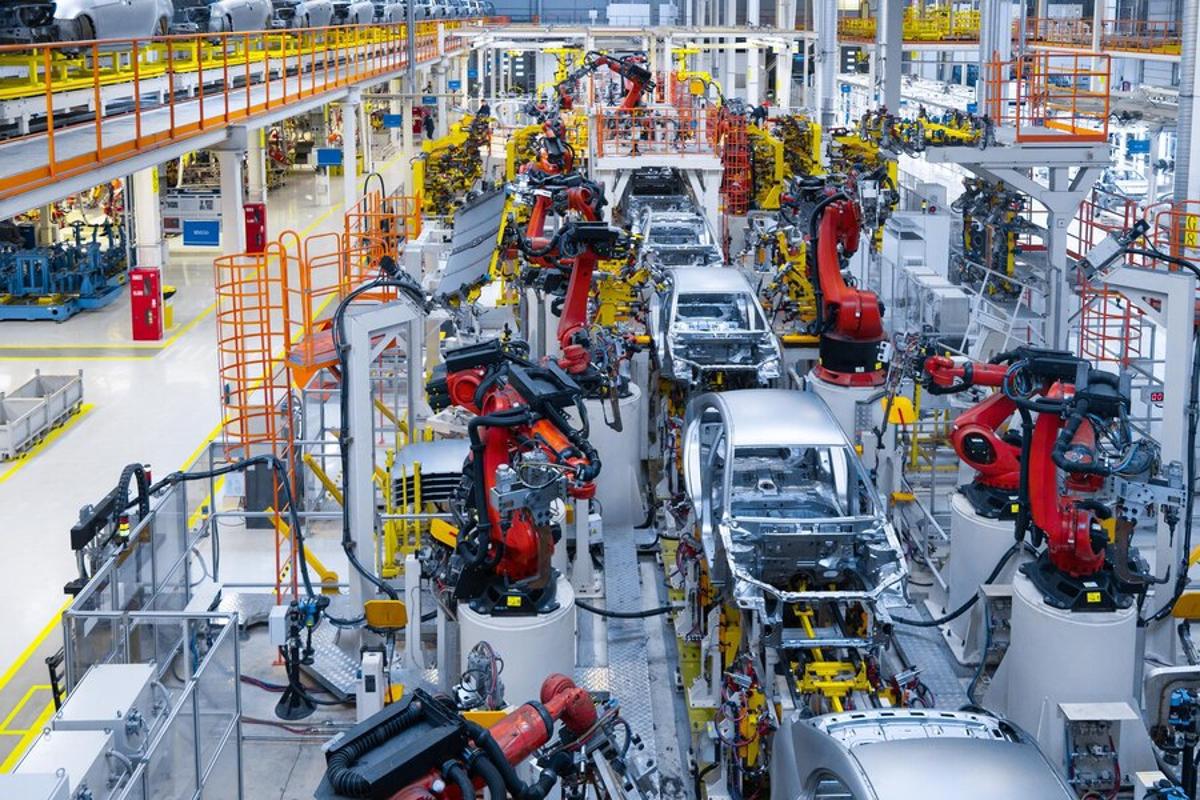
The UAW and the country’s giant auto manufacturing companies both agreed that Biden’s plan to make two-thirds of all American-made cars electric by 20230 was completely unrealistic.
The companies, including Ford, GM, Stellantis, and Chevy, argued that they didn’t have the infrastructure in place to change their manufacturing practices so drastically in such a short period of time. And consequently, they would have to lay off thousands of employees. Furthermore, if Americans wanted new cars, they were going to have to buy them from abroad.
The EPA Responded to the Industry’s Complaints
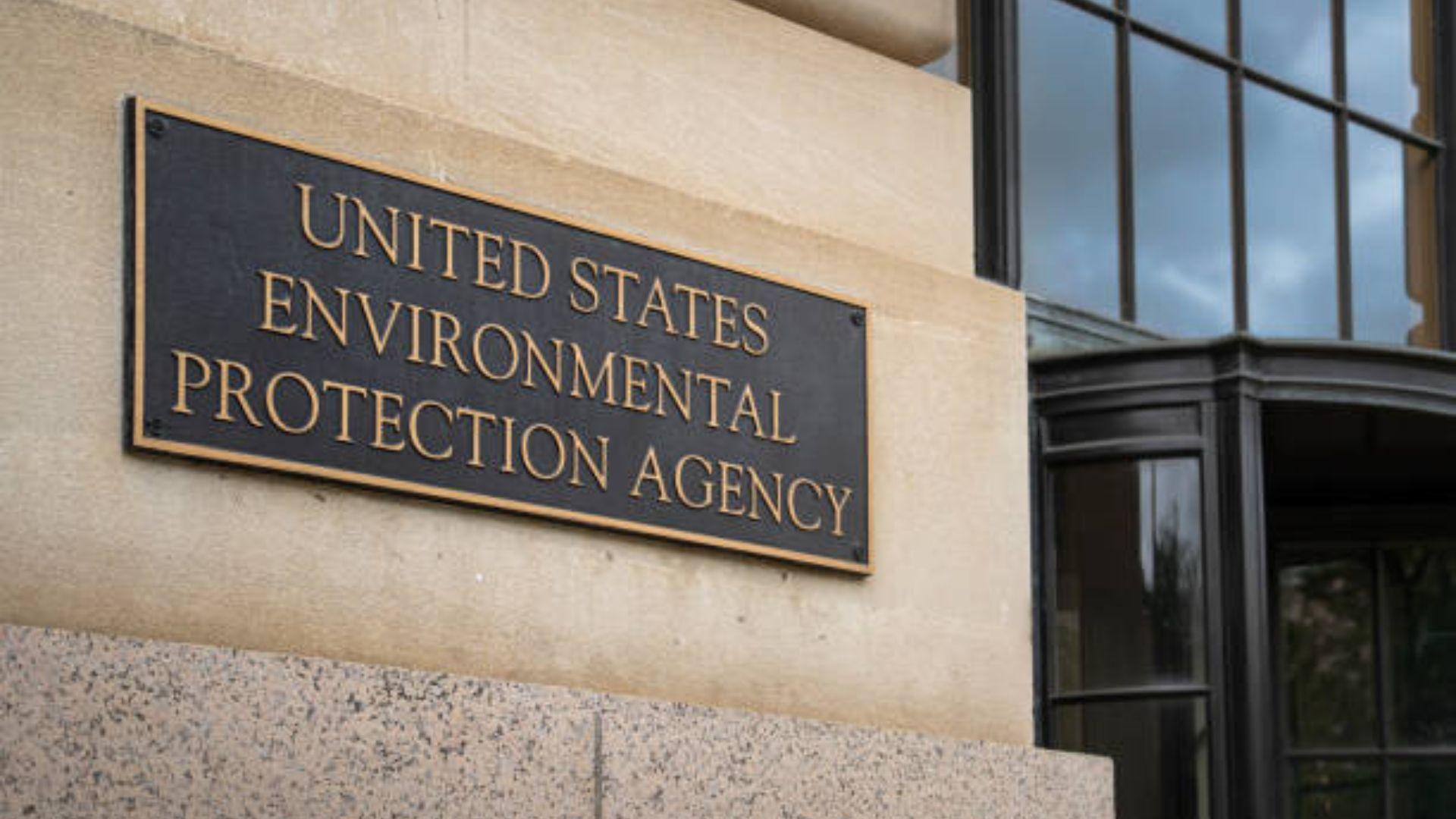
After more than a year of debating the issue, the Environmental Protection Agency (EPA) finally announced that it would adjust the president’s previous legislation.
Instead, the EPA said automakers will have until 2032 to meet the president’s two-thirds goal, and the government will do more over the next eight years to make the transition smooth and ensure thousands of Americans don’t lose their jobs.
Moderating the Pace of Increased EV Production

The new rule essentially gives American automakers several more years to slowly change their practices and factories to ensure they have the capacity to keep their current employees and produce enough vehicles for Americans so they don’t have to buy abroad.
John Bozzella, President and CEO of Alliance for Automotive Innovation, explained, “Moderating the pace of EV adoption in 2027, 2028, 2029, and 2030 was the right call because it prioritizes more reasonable electrification targets in the next few (very critical) years of the EV transition. These adjusted EV targets—still a stretch goal—should give the market and supply chains a chance to catch up.”
Auto Manufacturers Have More Freedom to Choose Their Products
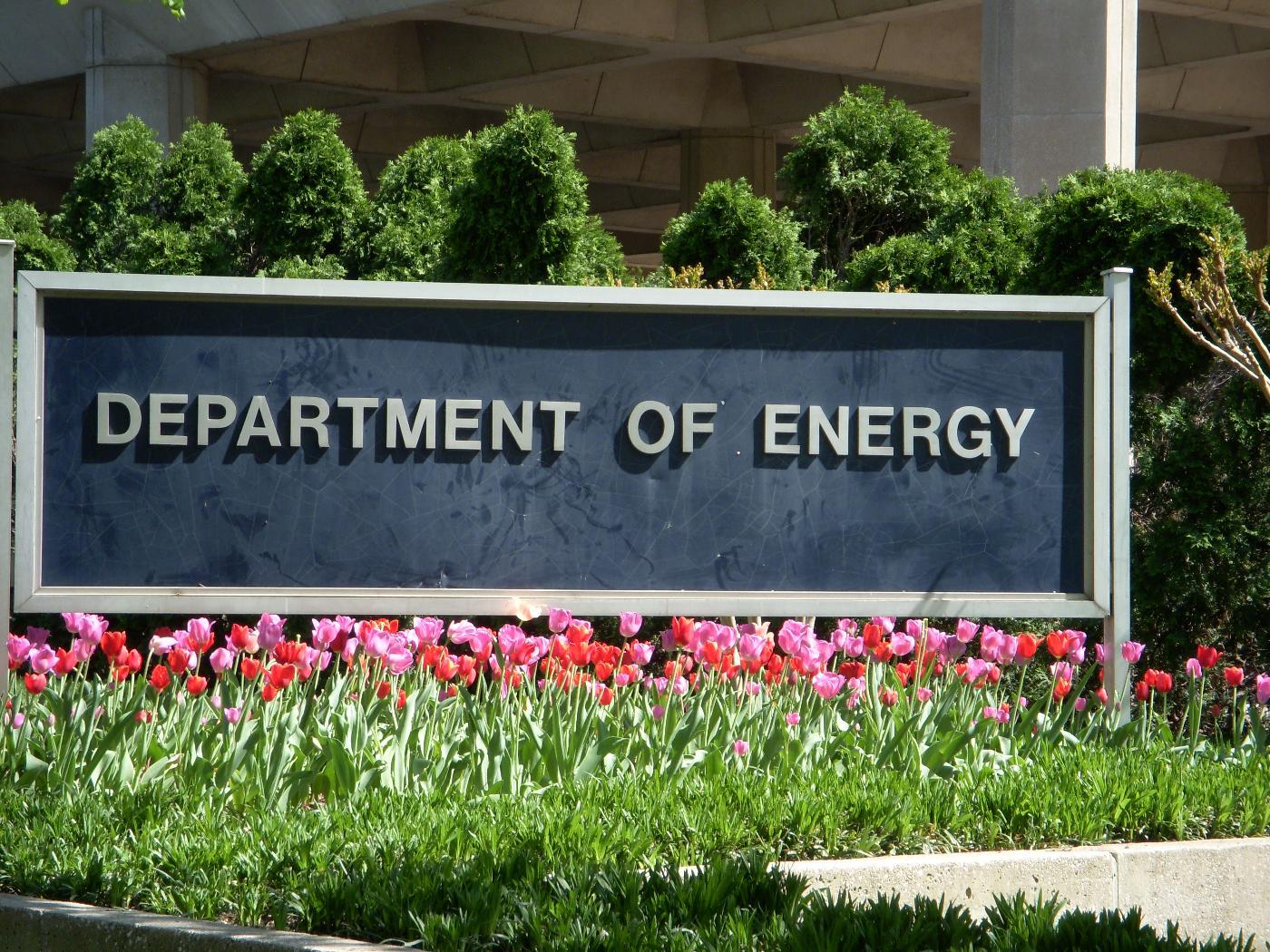
Additionally, the Department of Energy finalized its regulations on future emissions targets. These emission goals apply to each company as a whole, which means that companies have more freedom to organize their manufacturing processes and even specific products.
Essentially, with the new laws from both the EPA and the DOE, American automakers have the opportunity to fine-tune their EV strategy in a way that works for them and follows government regulations.
The Goal Is the Same, But the Timeline Makes a Big Difference

The EPA estimated that this new and improved legislation will still eliminate 7.2 billion tons of carbon dioxide emissions in the United States alone by 2055.
So, it seems as though both the environmentalists and the automakers both got what they wanted. As major auto manufacturer Stellantis explained, “While the later-year targets remain aggressive, the final rule improves on the proposal by better reflecting the expected trajectory of market demand and enabling infrastructure.”
Tesla Is the Only Auto Company Not Excited About the Change
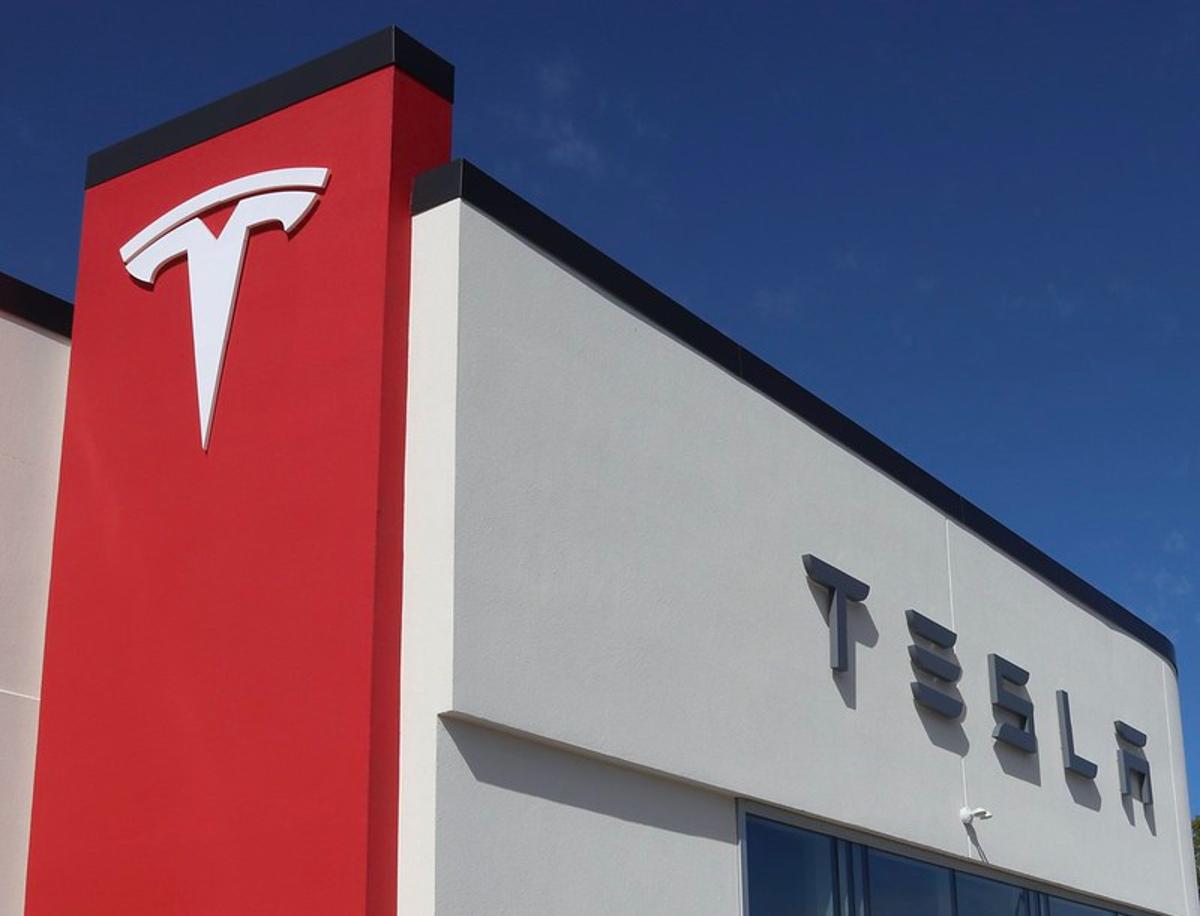
With the government and the majority of American auto manufacturers both pleased with the compromise, there is only one company that isn’t thrilled with the new regulations.
Tesla, the country’s leading electric vehicle producer, has said the first version of the legislation was better. Tesla policy VP Rohan Patel said on X (formerly Twitter), “The proposal was ambitious/achievable. The finalized rules will be less ambitious and therefore even more achievable, despite what you’ll hear from many in legacy auto through their trade associations.”
The Entire IRA Legislation Could Be Overturned in November
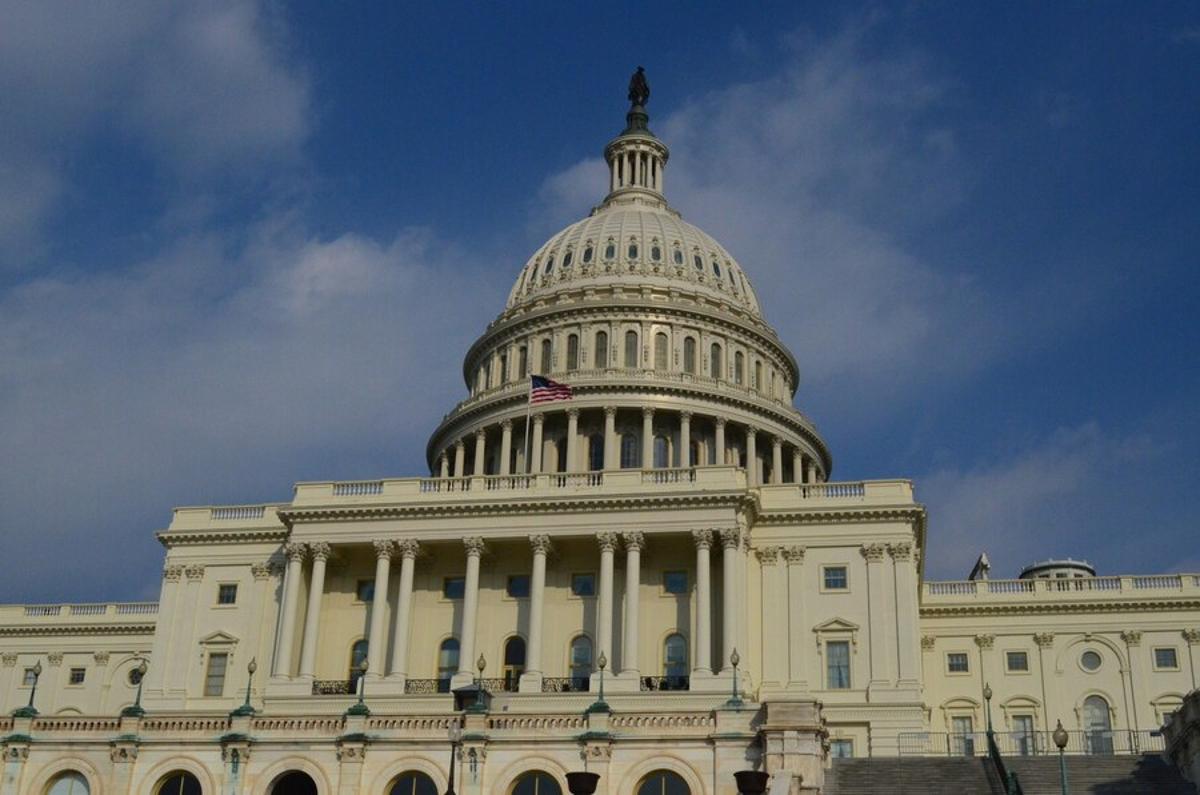
With the 2024 presidential election right around the corner, one of the big questions on every American’s mind is: If former President Donald Trump takes the Oval Office again, what will happen to all of President Biden’s legislation?
If the controversial Republican candidate does win, it’s likely that he will at least try to overturn the IRA, as he famously denies that the climate is changing. However, in order to do so, he will need Congress to approve the repeal, which experts believe is unlikely, especially now that a compromise has been made that makes (almost) everyone quite happy.
